Applied Kinesiology (AK) provides a diagnostic tool to be able to apply a myriad of therapies to treat the cause rather than the symptom. This post graduate technique uses muscle testing as an indicator for the state of the body whether that be physical, chemical or emotional at a particular time.
It is managed by the International College of Applied Kinesiology (ICAK).
No Woo-Woo here.
AK tests for muscle strength resistance.
AK’s basic notion is that every organ dysfunction is accompanied by a specific muscle weakness which enables energetic deficiencies to be targeted through muscle-testing procedures. The manual muscle testing (MMT) performed in AK is performed only as part of a system of diagnosis that can bring forth valuable information.
A muscle goes “weak” to specific stimuli indicating nervous system stress. Your nervous system is your body’s command center that monitors and coordinates all your body interactions. AK uses muscle testing to assess your nervous system function and can aid in combination with other therapies to help find a solution to your health concerns.
Furthermore, AK may enable the practitioner to correlate a finding to further improve treatment outcomes. AK uses corrective techniques that may include cranial corrections, meridian balancing, manual chiropractic adjustments, breathwork, muscle releases and corrections of nutritional imbalances.
Chemical findings
Nutritional deficiencies and food sensitivities, for example, can be detected by having the patient chew on them or hold them on the tongue until salivation and then testing for muscle strength against pressure applied. Some are applied at the episternal notch at the top of the sternum.
If the patient’s muscle stands up to pressure, we considerate it to be strong or “locked” indicating an affirmative response. When muscles give way to pressure they are considered weak or “unlocked” and indicate a deficit.
Applied kinesiologists work through what is called the Triad of Health perspective, the three-sided nature of every human being composed of structure, chemistry and emotions. All three are components in many functional disorders or conditions, and this makes it a wholistic therapy which sees the individual as a whole.
Why choose Dr Chris?
The chiropractic profession’s use of manual muscle testing and AK chiropractic technique is one of many diagnostic methods or tools employed by few doctors of chiropractic since this is a postgraduate degree. This is what differentiates Dr Chris, from other Chiro’s on the Gold Coast. Dr Chris Ientile, as an experienced Kinesiologist with 40 years in Practice, can explain to patients how your glands and organs appear to be functioning with specific muscle tests, he can suggest nutrition to help improve various conditions, and he can demonstrate with your muscles whether you are lacking any particular nutrients. He can correct problems in your spine and in joints, and can stretch or compress muscles to improve your structural condition. He may massage certain junctures of nerve, lymph, blood, and acupuncture meridians to stimulate glandular or systemic activity.
It’s origins
Muscle testing was developed by Henry and Florence Kendall who were physical therapists. They did extensive work with polio and published their research findings in ‘Muscles; Testing and Function’ (1949) and ‘Posture and Pain’ (1952).
Then came the genius:
George Goodheart D.C. developed Applied Kinesiology (AK) by applying the muscle tests of Kendall and Kendall with other therapies including the meridians of Traditional Chinese Medicine (TCM). He saw a relationship between reinstating muscle function using eastern philosophies. His finding of the correlation of muscles to Traditional Chinese Meridians was ground breaking. This is where the magic of the western and eastern medicine began to marry.
Other advances that he made includes applying the ‘Neurolymphatic Reflexes’ of Frank Chapman D.O. and the ‘Neurovascular Reflexes’ of Dr. Bennett D.C. to correct a weak muscle test. He also did research that indicated the correlation between specific nutrients and muscle tests.
Applied Kinesiology has since become a major therapy that is a postgraduate discipline in Chiropractic. It is now managed by the International College of Applied Kinesiology (ICAK). Applied Kinesiology skills are developed and approved by the International College of Applied Kinesiology Board of Standards.
Sources:
“On the reliability and validity of manual muscle testing: a literature review.” Chiropractic and Osteopathy, U. S. National Library of Medicine, https://www.ncbi.nlm.nih.gov/pmc/articles/PMC1847521
Valentine T, Valentine C. Applied Kinesiology: Muscle response in diagnosis, therapy and preventive medicine. Rochester, VT: Thorsons Publishers, 1987. Written with help from Douglas P. Hetrick, D.C., and Davis S. Walther, D.C.
To make a booking with Dr Chris Ientile, please call us on 07 5535 9833 or Book Online at your best opportunity.





